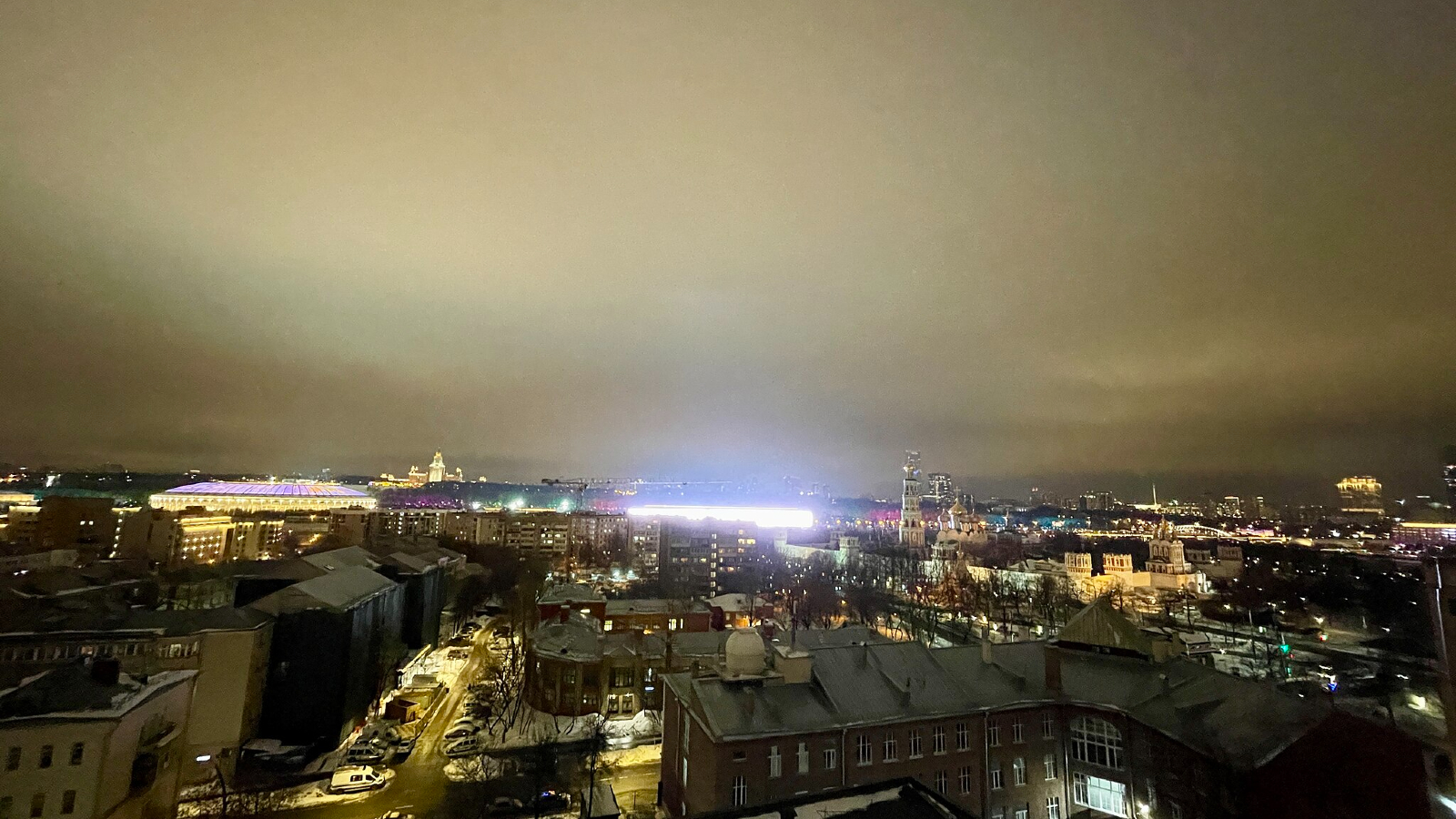Light pollution is rapidly becoming a critical challenge for astronomers around the world. The increase in human-made light, especially from cities and urban sprawl, is making the night sky much brighter. According to recent studies, the brightness of the night sky is rising by as much as 10% per year. This surge in artificial illumination is making it increasingly difficult for observatories to capture clear images and data from distant stars, planets, and galaxies.

Impact on Astronomical Research
Light pollution doesn’t just obscure our view of the cosmos; it also threatens the future of astronomical research. Many world-class observatories, once built in remote and dark locations, now face the glow of nearby towns and cities. As the sky gets brighter each year, astronomers struggle to conduct precise observations. This affects not only professional astronomers but also anyone interested in stargazing and understanding the universe.
Why We Need Dark Skies
Protecting the night sky is crucial for science and for our connection to the cosmos. Taking steps to reduce unnecessary lighting, using shielded fixtures, and supporting local dark sky initiatives can help. If we don’t act soon, the wonders of the universe might become invisible to future generations.
Sources:
Light pollution is encroaching on observatories around the globe